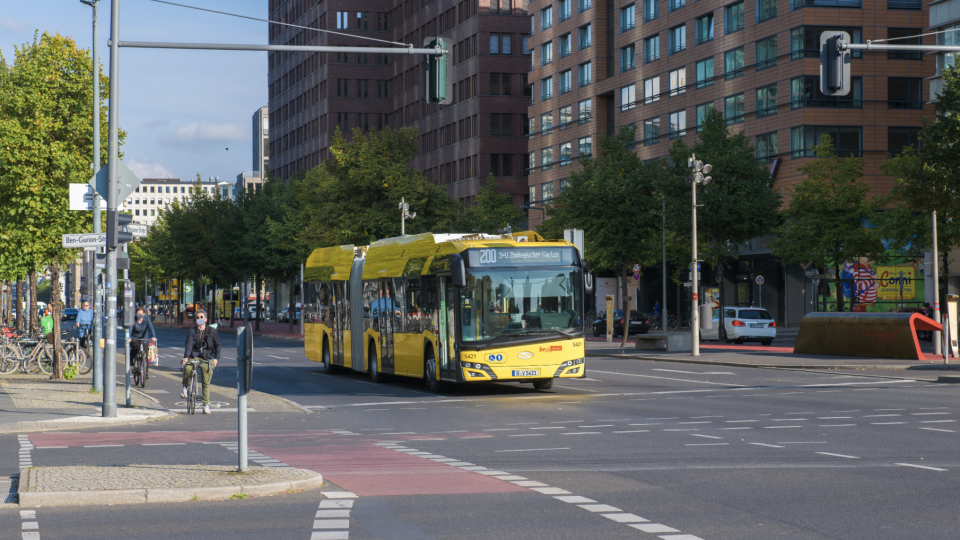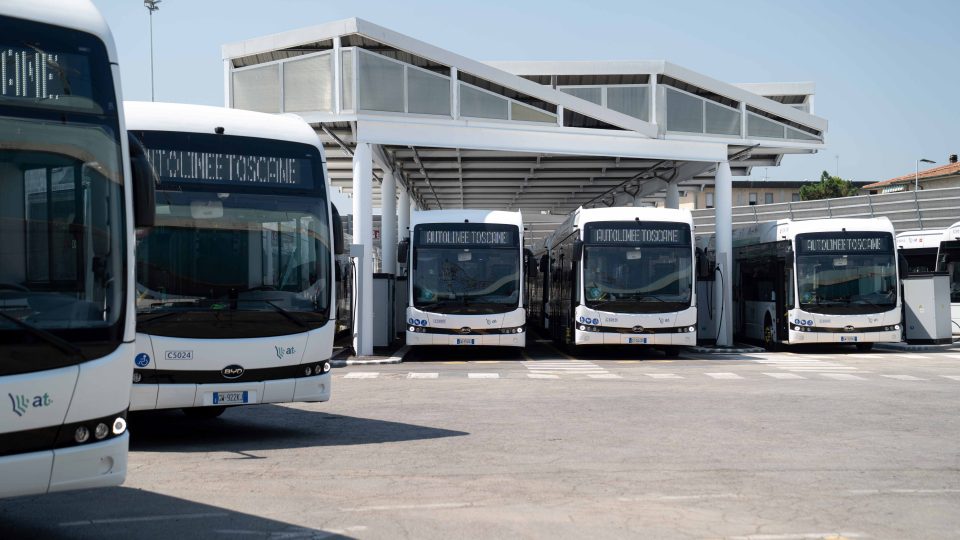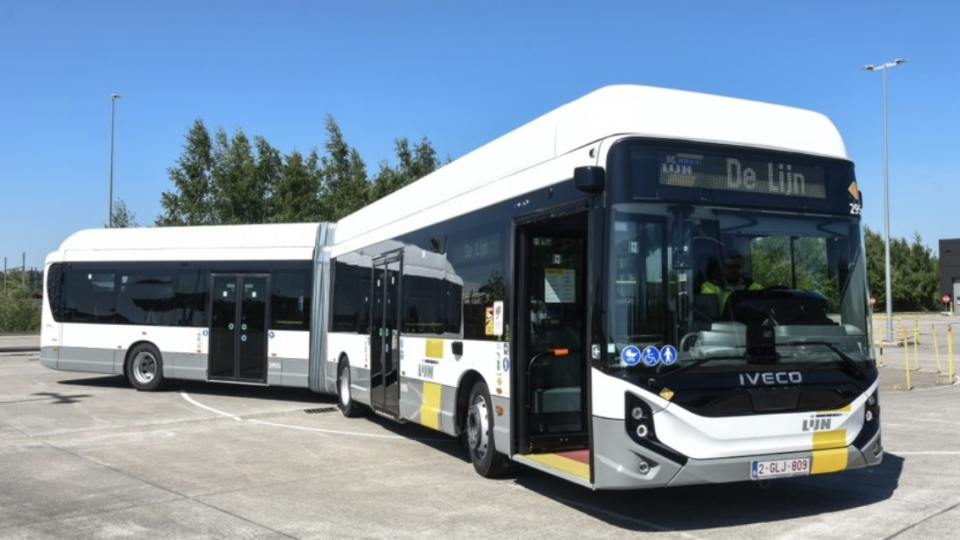Yutong U12 e-bus underwent testing in Norway and Kazakhstan, with dedicated technologies for cold climate
Yutong U12 battery-electric bus has been undergoing extreme cold challenge in Kirkenes, Norway, during testing activities conducted by the manufacturer. “In a live test of 105 km, Yutong U12 showed a power consumption of 1.56 kWh/km in an ice and snow environment in Kirkenes where the temperature was -33°C”, Yutong states. Testing has been conducted […]
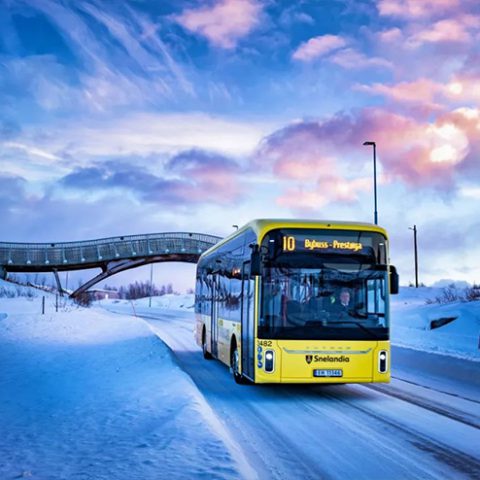
Yutong U12 battery-electric bus has been undergoing extreme cold challenge in Kirkenes, Norway, during testing activities conducted by the manufacturer. “In a live test of 105 km, Yutong U12 showed a power consumption of 1.56 kWh/km in an ice and snow environment in Kirkenes where the temperature was -33°C”, Yutong states. Testing has been conducted in Kazakhstan as well, where the Yutong E18PRO is said to have achieved 374 km range at -25°C.
In 2020, Norway purchased 102 Yutong battery electric buses (model mainly E12). The delivery of this major fleet contributed to Yutong gaining the top position in the European e-bus market in 2022 (while this year the brand achieved the third spot keeping substantially the same volume as 2022 (483 units vs 479). The number of Yutong battery electric buses in operation in Norway is 331, the manufacturer states. It’s worth noticing that 2023 saw the country increasing e-bus registrations of +128%, from 216 units in 2022 to as many as 493 last year.
Yutong is testing the U12 in northern Norway
The Yutong U12 was launched at Busworld 2019. Yutong CEO Europe told Sustainable Bus in late 2023 that “the U series adopt more intelligent functions as long as a lightweight construction that reduces weight significantly, benefitting energy consumption. The U series is already on the market and allows us to provide a wider offer to our customers. Yutong E12 and U12 will be offered in parallel for some time. They are both in series production as of now”.
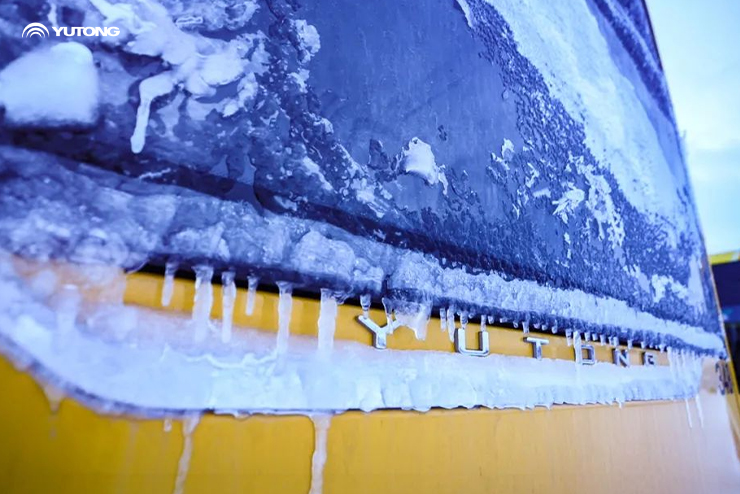
Kirkenes is located in the far northeastern part of Norway. In order to meet the special requirements for anti-corrosion performance of vehicles in highly humid and seriously melting snow salt environments, Yutong says it has adopted enhanced anti-corrosion technologies for core components such as the vehicle’s bearing structure and chassis frame, as well as corrosion-prone bottom areas. This measure ensures that no structural corrosion will occur during the full life cycle of the vehicle.
Yutong also states they provide comprehensive chassis protections to prevent critical chassis parts and components from wear in harsh road conditions. All such measures are aimed at meeting the operation requirements for vehicles in a polar environment and ensuring the safe travel of residents in polar regions.
The battery of Yutong’s liquid cooling system can provide 24-hour safety monitoring, still according to the OEM. The IP68 protection system for battery, motor and electric control avoids safety accidents caused by short-time wading of vehicles. Intelligent functions, such as remote air conditioning scheduling and remote fault diagnosis, provide great convenience for the daily operation of end customers.
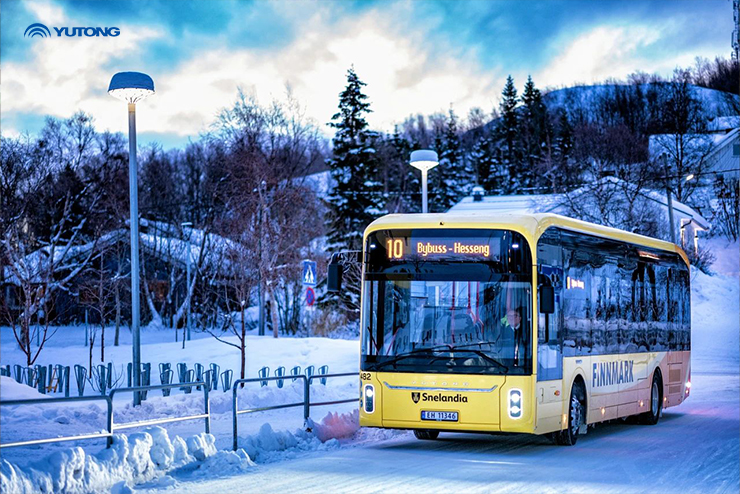
In the meantime, Yutong has also developed many tailor-made and user-friendly designs and safety configurations according to the needs of users in Norway, including high-power heating radiator, antiskid chain, sanding machine, seat heating, electric telescopic step and 360 panoramic view system. All these features provide convenience for public mobility and greatly improve vehicle safety.
Yutong stresses that it “has also dispatched a dedicated team to offer direct service in Norway, and has established maintenance workshops and spare parts warehouses in collaboration with local partners to provide strong support for efficient services”.
As a global leader in battery electric buses, Yutong keeps transcending the driving range limit of battery electric vehicles to achieve safer, more stable and more reliable operation and bring better public travel experience to the world.
Yutong e-buses in Kazakhstan. 374 km range at -25°C
Yutong e-buses have been facing severe temperature also in Astana, capital of Kazakhstan. On January 21, 2024, Yutong and Astana’s carrier challenged the driving range of E18PRO. Yutong states that “In the test, the bus started with SOC of 100% and heating inside turned on for the whole process to pick up and drop passengers normally at stations, and the test ended when SOC reached 5%. Finally, the driving range of 374 km was achieved after 16 hours of operation at -25°C“.
During the test, the vehicle entered the station over 350 times and carried more than 1,500 passengers.




